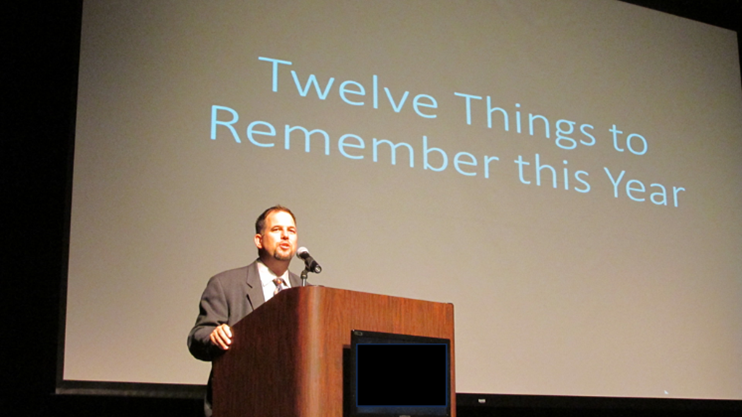Our past accomplishments, mistakes, and circumstances are what we and others often think about when considering who we are. To most, this seems perfectly logically and factually accurate. After all, our past is our story. It reflects our previous decisions, experiences, and abilities. It reflects our prior character, attitude, and knowledge. Perceptions are often based on realities.
You can make any point and share any thought through a monolog or a dialog. On any topic, you can lecture or have a discussion. As a leader, parent, teacher, trainer, or coach, you get to decide. The difference is that when you start a dialog, people get enrolled in the conversation in contrast to being bystanders to it.
Yet when the right approach is used with the right person given their circumstances, people do change. People do achieve lasting change in their habits, behaviors, thoughts, and attitudes. People do overcome addictions, traumas, and mental illnesses. People do become patient, humble, compassionate, and empathetic. People do overcome anger, fear, and anxiety. They do permanently lose weight, exercise, and regain their health. But, yes, for some, change requires an extreme approach.





